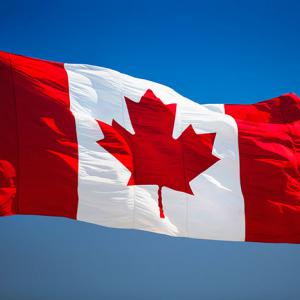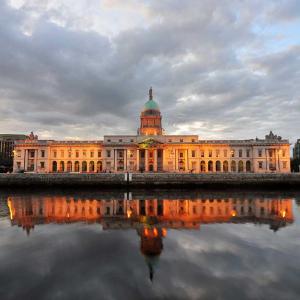By Nick Mann | 2 October 2012
The ‘fiscal cliff’ set to take effect in the US in January 2013 will increase taxes by an average of $3,500 for 90% of households next year, a non-partisan think-tank warned yesterday.
Unless political agreement is reached on a new package of tax and spending measures, almost every tax cut enacted since 2001 will expire, the Tax Policy Center said in Toppling off the fiscal cliff: whose taxes rise and by how much?
The subsequent tax rises would amount to more than $500bn in 2013, with the two biggest coming from the expiry of a cut in social security taxes and the end of a package of tax cuts introduced between 2001 and 2003 under then-president George W Bush.
Upper middle-income taxpayers would be hardest hit by the changes, with the richest 20% facing a 5.8% increase in their average federal tax bill and the top 1% of earners facing a 7.2% increase, compared with an across-the-board rise of 5%.
The Tax Policy Center echoed warnings made by White House budget advisers last month about the impact on the US economy of the tax changes scheduled for January 2013, combined with the $109bn automatic spending cuts due at the same time.
‘Those changes would reduce the federal deficit significantly in 2013 and subsequent years, slowing America's build-up of debt and reducing debt as a share of gross domestic product,’ the center said. ‘But the resulting macroeconomic tightening could well push the country back into recession in 2013.
‘Lawmakers could soften that near-term hit by delaying or repealing provisions in the "cliff" or by enacting other spending and tax policies that would provide offsetting support for the economy.‘
A further warning over the challenges posed by the fiscal cliff came from US Federal Reserve chair Ben Bernanke yesterday. Speaking in Indiana, he said fiscal policymakers ‘must find ways to put the federal budget on a sustainable path, but not so abruptly as to endanger the economic recovery in the near term.
‘In particular, the Congress and the Administration will soon have to address the so-called fiscal cliff, a combination of sharply higher taxes and reduced spending that is set to happen at the beginning of the year.’
‘Virtually all’ experts have warned the fiscal cliff will send the US back into recession, he added.











